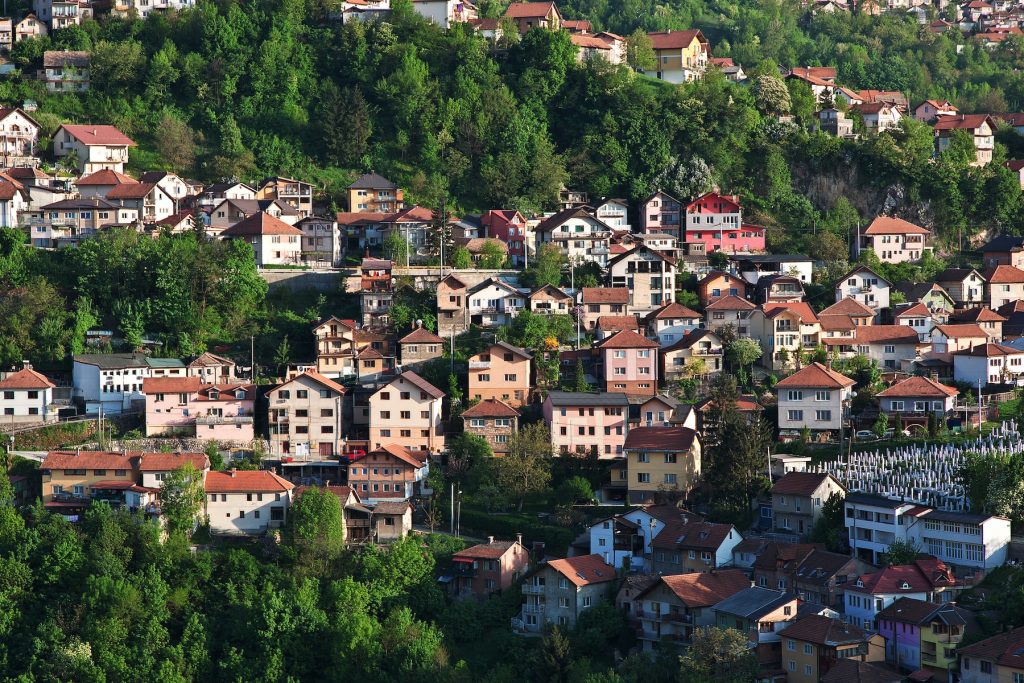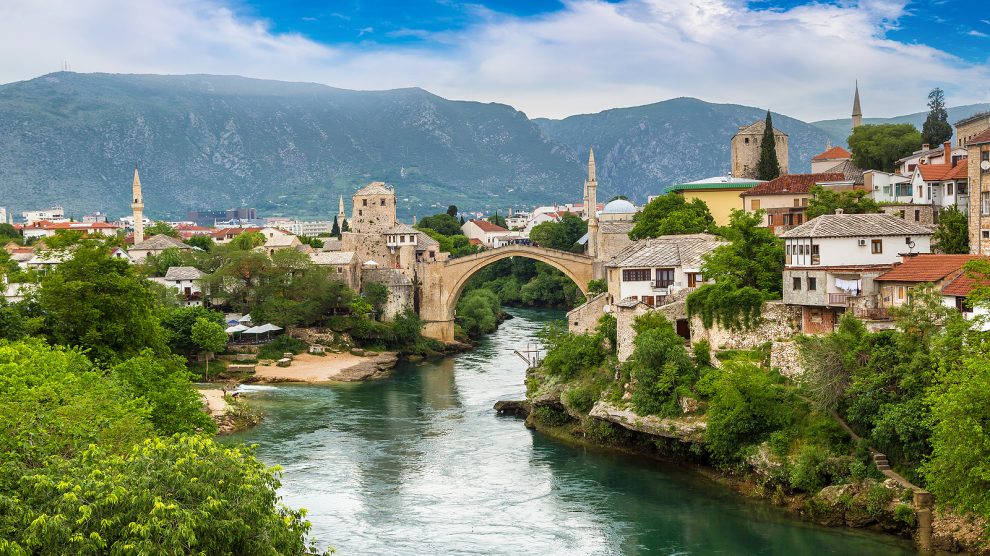Bosnia and Herzegovina remains a nation shaped by the complex interplay of history, culture, religion and ethnic identity. For centuries, it was part of the Ottoman Empire before becoming engulfed in the turmoil of the 20th century Yugoslav wars in the 1990s, of which the devastating conflict in Bosnia from 1992 to 1995 was one of the bloodiest and most protracted. It resulted in the deaths of over 100,000 people and the displacement of more than two million civilians. The scars of the war still linger both physically on the landscape and psychologically within Bosnian society today.
Given its complicated history and the legacy of recent trauma, Bosnia can seem an enigma to outsiders. Yet understanding the forces that have shaped this nation is key to comprehending the challenges it still faces in building a stable, multiethnic democracy in the postwar period. Literature provides a powerful lens for gaining cultural insights that textbooks alone cannot provide.
These five books, part of our Five Essential Reads series, provide invaluable cultural and historical insights into the country.
Published in 1945, Ivo Andrić’s epic novel The Bridge on the Drina spans over 400 years in the life of the Ottoman-ruled city of Višegrad. Through intimate character portraits and vivid descriptions of the changing landscape, he brings to life the ethnic tensions, religious conflicts and power struggles that have shaped Bosnia. The Drina River that flows through the pages of this lyrical work comes to symbolise the country itself—enduring yet ever changing.
Semezdin Mehmedinović’s collection of poetry, Sarajevo Blues, captures the surreal horrors of surviving the 44-month siege of Sarajevo during the Bosnian war. With raw emotion and haunting imagery, he transports readers inside a city under constant shelling and sniper fire, where even a stroll to collect water could mean death. His verses honour the resilience of the Bosnian people and ensure those dark days are never forgotten.
In Minarets in the Mountains, Tharik Hussain embarks on a journey through Bosnia, Albania and Kosovo offering vivid portraits of the people he meets, painting a nuanced picture of everyday life for Muslims in the Balkans post-war. Hussain provides insightful cultural and religious context while highlighting the challenges of reconciliation, identity and revival facing Islamic communities in Europe. An enlightening read for those seeking to understand the role of Islam in shaping Balkan society.

Noel Malcolm’s Bosnia: A Short History provides a remarkably comprehensive yet accessible overview of Bosnia’s complex ethnic and religious tapestry. He untangles the roots of its diversity that stretch back to medieval kingdoms and the Ottoman era. Key moments like the Austro-Hungarian rule and the lead up to the 1990s war are concisely analysed. Essential background for comprehending the forces that have long defined and divided the country.
A veteran BBC war correspondent, Martin Bell traveled to Bosnia during the conflict to report on the escalating violence and ethnic cleansing. In Harm’s Way chronicles his harrowing experiences under siege in Sarajevo, dodging sniper fire and shelling. Through compelling first-hand accounts, Bell provides a gripping journalistic lens into the human toll of the war and an unflinching look at the dangers faced by reporters covering humanitarian disasters.
Unlike many news and information platforms, Emerging Europe is free to read, and always will be. There is no paywall here. We are independent, not affiliated with nor representing any political party or business organisation. We want the very best for emerging Europe, nothing more, nothing less. Your support will help us continue to spread the word about this amazing region.
You can contribute here. Thank you.


